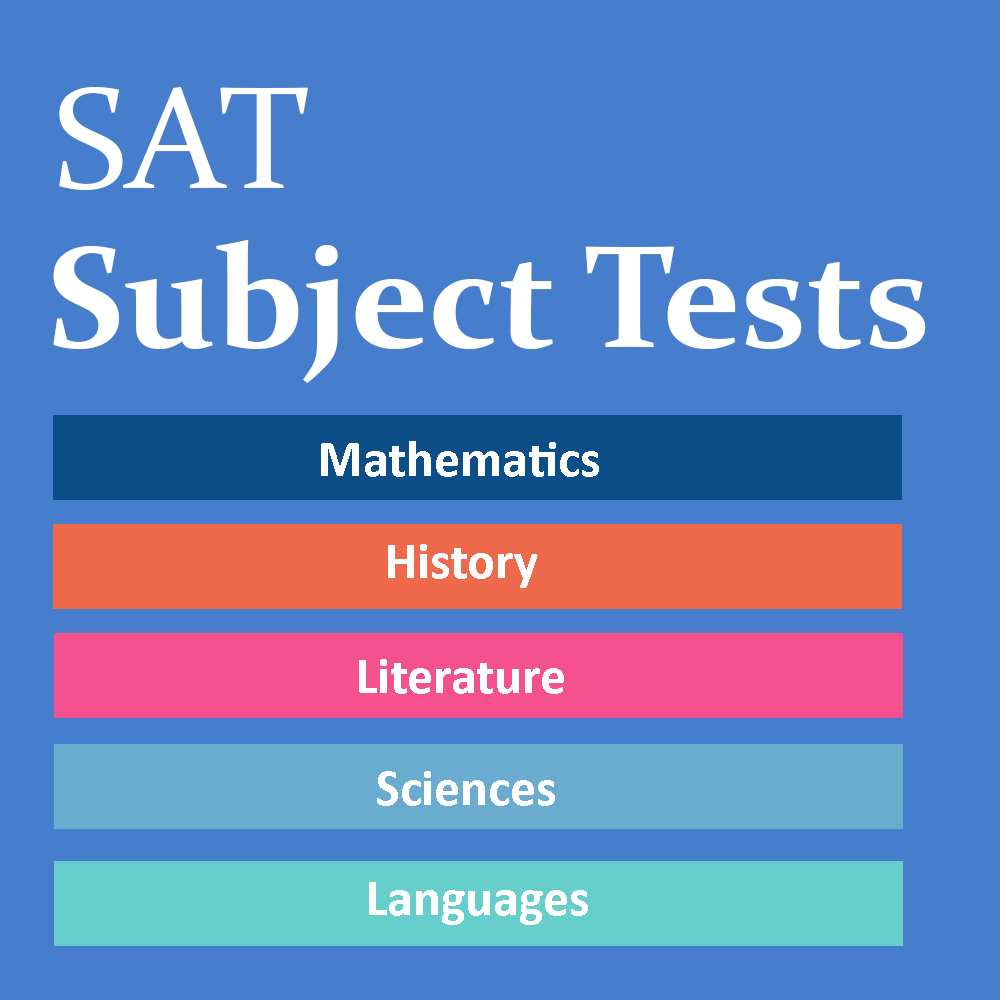Which is weighted more?
Overall, the SAT is weighed more than your GPA. While the amount your SAT score is considered by admissions officers is different for each college, it is generally weighed as 30-40% of your application. This is because the SAT compares you to students all over the nation, while your GPA only compares you to students in your school. Although GPAs give an understanding of all four years, it can be untrustworthy as workers at schools are the ones computing them. This makes the GPAs biased as the school may inflate them to improve their look to parents of eighth-graders and college admissions officers.
Different schools also teach the same classes at varying levels of difficulty. A biology course in one high school may not be as hard as a biology course at another. An unweighted GPA does not account for the rigorousness of college-level classes. This means that even if Sunny took more rigorous and honors classes, he may have a lower GPA than Washif, who did not take any. On the other hand, the SAT is unbiased because it is administered and graded by a third party, the College Board, and is the same test and level of difficulty for every student across the nation. Also, colleges tend to favor students with high SAT scores because it boosts their statistics, increasing their rankings in and making them look more selective.
The 4 Scenarios
Here we’ll talk about your chances and what your SAT and GPA show about you. We’re defining a high SAT score as a 1450 or above.
High SAT and High GPA
This is the most favorable situation to be in. It shows colleges that you are ready for college-level courses and are hardworking. Make sure to work on the other aspects of your application, essays and extracurriculars, to ensure a higher chance of acceptance to your dream college.
High SAT and Low GPA
If your SAT score is high, but your GPA is low, admission officers will most likely look over your GPA. They may take your GPA as a sign that you were not adequately engaged or challenged in high school, but your SAT scores prove that you are capable of college-level courses. You should still try to boost your GPA as much as you can to increase your chances of getting in.
Low SAT and High GPA
Generally, this shows admissions officers that you are diligent and hard working. A low SAT score questions your aptitude and if you are ready for the level of difficulty of college classes. They may also be suspicious about how the school calculates the GPA and if it is inflated. If you have not sent your applications in already, take the SAT one more time. Be sure to study a better way than you had for your previous test. Here are some tips on how to improve your SAT score. If the SAT is not working out for you, try taking the ACT instead. Both are standardized tests that measure aptitude, but the material and structure of the two tests are radically different. If you decide to take the ACT, keep in mind that there are a few colleges that do not accept ACT scores. Check to see if the colleges you are applying to accept them.
Low SAT and Low GPA
If you are in this position, you should consider taking the SAT one more time and improving your GPA as much as possible before you send your applications. Here are some tips on how to improve your SAT score. If the SAT is not your cup of tea, try taking the ACT. However, if you take the ACT, you should check to see that the colleges you are applying to accept ACT scores. You should make sure your Common Application essay and supplements are perfect. Many colleges take students with a low SAT score and GPA if their essay and supplements are extremely well-written and compelling. Here are some tips to help you with your college essay. You should ask your college counselor if your state has any programs that help students who are economically and academically disadvantaged but have potential. These programs provide students with tutoring and resources to improve their application. A number of esteemed colleges accept students from these programs. In New York, there are two of these programs, EOP and HEOP.
Conclusion
Although the SAT is weighed more than your GPA, do not overlook that aspect of your application. A good GPA shows that you are dedicated, focused, and diligent. When combined with your transcript, your GPA shows your improvement over time. These are all qualities that admissions officers are looking for in future students. If you and another applicant have similar SAT scores, the one with the higher GPA and better application will be chosen. Remember that college applications are holistic, so put as much effort as possible into all parts of your application—SAT, GPA, essays, and extracurriculars—to ensure that you have a higher chance of getting into your top colleges.






